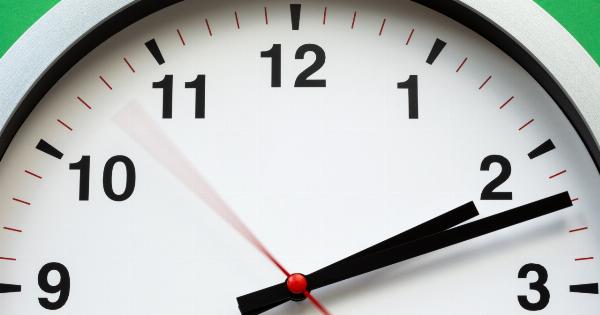Memory loss is a common and distressing problem for people as they age. There are several factors that contribute to the deterioration of memory function, including the structural and chemical changes that occur in the brain as a result of aging.
It is important to understand the early signs of memory loss in order to take steps to prevent further deterioration and maintain cognitive function.
What Causes Memory Loss?
Memory loss is a complex process that involves a number of factors, including genetics, lifestyle, and environmental factors.
The brain undergoes significant changes as we age, including a reduction in the number of synapses, which are the connections between neurons. There is also a reduction in the production of neurotransmitters, which allow neurons to communicate with each other.
Additionally, there is an accumulation of proteins in the brain, such as beta-amyloid, which is associated with Alzheimer’s disease.
Early Signs of Memory Loss
The early signs of memory loss can be subtle and may include forgetting names, misplacing objects, and having trouble recalling recent events.
Other signs may include difficulty with planning and organization, forgetting appointments or important dates, and having trouble following conversations. People may also repeat themselves, ask the same questions multiple times, or rely heavily on reminders and notes to remember things.
Types of Memory Loss
Memory loss can be divided into two main types: short-term memory loss and long-term memory loss. Short-term memory loss refers to difficulty remembering recent events or information, such as a person’s name or a recent conversation.
Long-term memory loss refers to difficulty remembering past events or information, such as childhood memories or major life events.
When to Seek Help
If you are experiencing memory loss that is affecting your daily life, it is important to seek help from a healthcare professional.
This may include a cognitive assessment, which can help to identify any underlying conditions that may be contributing to memory loss. Early intervention is important in order to prevent further deterioration of cognitive function.
Preventing Memory Loss
While there is no surefire way to prevent memory loss, there are several steps you can take to maintain cognitive function as you age.
These may include staying physically active, maintaining a healthy diet, engaging in mentally stimulating activities, such as reading or playing brain games, and staying socially engaged with friends and family.
Treatment for Memory Loss
Treatment for memory loss may depend on the underlying cause of the condition.
In some cases, medication may be prescribed to help improve cognitive function, while in other cases, lifestyle changes may be recommended, such as getting more exercise or better managing stress. It is important to work closely with a healthcare professional to develop a treatment plan that is tailored to your specific needs.
Conclusion
Memory loss is a common and often distressing problem for people as they age. It is important to understand the early signs of memory loss in order to take steps to prevent further deterioration and maintain cognitive function.
If you are experiencing memory loss that is affecting your daily life, it is important to seek help from a healthcare professional in order to identify any underlying conditions and develop a treatment plan that is tailored to your specific needs.






























